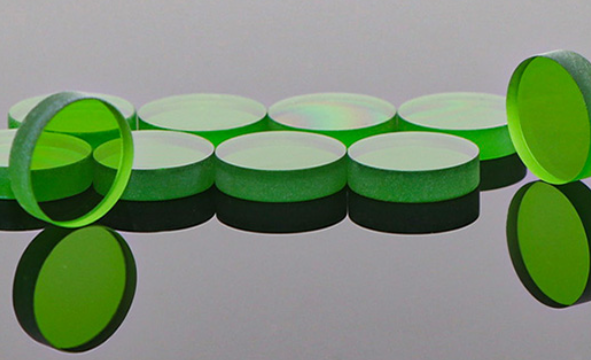The Importance of Quality in Optical Glass for Filters
Dec. 15, 2023
In the realm of optics, the quality of optical glass for filters stands as a cornerstone in determining the efficacy, precision, and performance of various optical systems. Optical filters, crucial components in diverse applications ranging from photography and cinematography to scientific instrumentation and industrial processes, rely heavily on the quality of the glass used in their construction.
Understanding Optical Glass for Filters
Purpose and Functionality
Optical filters are designed to selectively transmit, absorb, or reflect specific wavelengths of light, allowing only desired portions of the electromagnetic spectrum to pass through. This selective transmission enables the modification or enhancement of images, the isolation of specific wavelengths for scientific analysis, or the control of light in various optical systems.
Optical Glass Filter Color Filter Manufacturer丨CLZ Optical
Significance of Quality in Optical Glass
The quality of optical glass used in filters plays an instrumental role in determining the filter's effectiveness and performance. Several critical aspects highlight the importance of high-quality glass:
Precision and Optical Properties
Homogeneity and Consistency
High-quality optical glass exhibits superior homogeneity and consistency in its composition and structure. This consistency ensures uniform optical properties throughout the glass, minimizing variations in refractive index, dispersion, and transmission characteristics across the filter's surface. As a result, it enables accurate and predictable light manipulation, contributing to the filter's precision and reliability.
Low Defects and Impurities
Quality optical glass undergoes meticulous manufacturing processes to ensure minimal defects and impurities. Any imperfections, such as bubbles, striae, or inclusions, can distort transmitted light, compromising the filter's performance and image quality. Premium-quality glass, with low defect levels, ensures superior clarity and fidelity in transmitted light, maintaining the integrity of the filtered output.
Optical Performance and Efficiency
Transmission Efficiency
High-quality optical glass filters exhibit optimal transmission characteristics, effectively transmitting desired wavelengths while minimizing light loss or attenuation. This high transmission efficiency ensures that the intended wavelengths pass through the filter, enhancing the signal-to-noise ratio and overall performance of optical systems.
Spectral Control and Accuracy
Quality optical glass enables precise spectral control, allowing filters to accurately isolate specific wavelengths or spectral bands. This accuracy is crucial in scientific applications, such as fluorescence microscopy or spectroscopy, where precise control over wavelengths is imperative for accurate analysis and measurements.
Durability and Longevity
Mechanical Strength and Stability
Superior-quality optical glass is engineered for exceptional mechanical strength and stability. This resilience enables filters to withstand harsh environmental conditions, temperature fluctuations, and mechanical stress without compromising their optical properties. The longevity of these filters ensures consistent performance over time, making them reliable assets in various applications.
Conclusion
The importance of quality in optical glass for filters cannot be overstated. From ensuring precision and optical performance to enhancing durability and longevity, high-quality glass forms the backbone of reliable and efficient optical filters. As technology advances, the demand for superior-quality glass continues to drive innovation, pushing the boundaries of optical applications across industries.






















